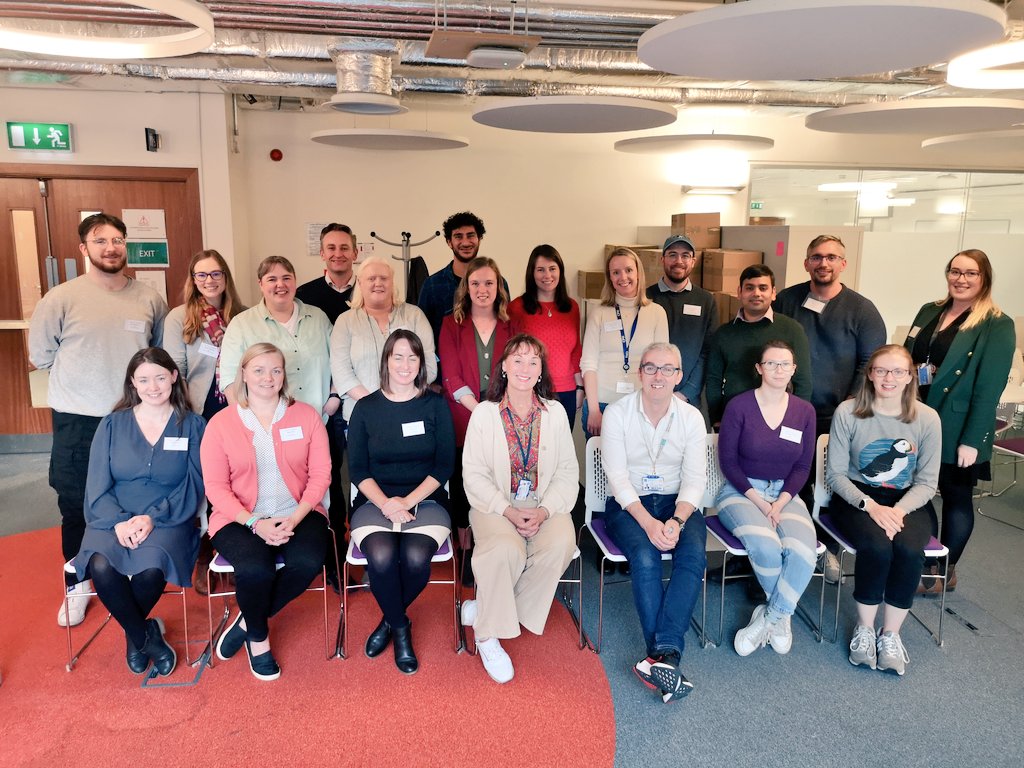TILDA Epigenetics Workshop 2022
Have you ever wondered why two people of the same age differ in terms of how they are ageing? Consider two 50-year-olds; one might appear 45 and the other 55. Epigenetics may hold some of the answers as to why. It is the study of how changes to our environment and way of life can impact how our genes function and affect how long we live. It has gained popularity in recent years as a result of the development of epigenetic 'clocks' by researchers, which provide an indicator of how quickly you are biologically ageing as opposed to the number of candles on your birthday cake. You can determine your epigenetic age with a small blood sample.
The topic of epigenetics been the recent focus of several TILDA researchers. Utilizing TILDA data, several of our research articles have demonstrated that certain lifestyle choices—including smoking, inactivity, and heavy alcohol use—are associated with an acceleration of biological age. Being physically active and participating in social activities, on the other hand, was linked to a slower rate of biological ageing, demonstrating the significance of our daily activities in shaping how we age.

Together with colleagues from the Northern Ireland Cohort for the Longitudinal Study of Ageing (NICOLA) and the US Health and Retirement Survey (HRS), TILDA recently hosted an epigenetics workshop. More than 20 researchers participated in the workshop, which gave many of our PhD candidates the chance to present their work utilizing TILDA data. It is a part of a longer-term project to understand how our social environment, or the circumstances in which we live, grow, develop, work, and interact, affects how quickly we age and could result in the development of new treatments.

